What are the adrenal glands?
Do you feel like you’re constantly rushing from one thing to another? Do you crave sugar and junk food all the time, just to keep you going? Are you exhausted when you fall into bed, but still not able to sleep well?
The adrenal glands are two little organs that sit on the top of your kidneys. They’re only the size of walnuts, but they produce over 50% of the hormones in your body that manage vital bodily functions like immune response, blood pressure, and energy levels.
If the adrenal glands are forced to respond constantly to stress they get drained and can no longer control all of the other hormones as they should. Cortisol levels in particular will become high. If left unchecked this can lead to adrenal fatigue and to conditions like ME.
How can nutritional therapy help with adrenal support?
Alongside lifestyle changes and improvements to self-care, a nutritional programme can be designed to help you balance your blood sugar levels and keep cortisol in check. Together we’ll work through a three step process to help you identify stress factors and make positive changes to dramatically improve your health.
Step 1: Take a thorough case history
First we will discuss what has been going on so I can get a picture of all the symptoms you’ve been experiencing. We will talk about lifestyle factors that may be contributing to your stress levels, and look at your diet and eating patterns.
Step 2: Perform functional tests
I will usually perform a full clinical analysis to check whether there is anything else going on as well as the adrenal issue. I never look at symptoms in isolation – it’s important that we work to heal your body as a whole, not just the condition you are presenting with.
Step 3: Create a personalised nutritional therapy programme
Equipped with this information I will design an individual nutritional therapy programme for you. You will learn the types of foods you should be eating and those you should be avoiding to better support your body in times of stress. Supplements might also be needed in order to help balance cortisol levels and bolster your immune system.
How a tailor-made nutritional programme improved Sarah’s adrenal fatigue
Sarah came to me with chronic fatigue syndrome. The 33-year-old had been in a traumatic car accident 10 years previously, and had suffered with frequent chest infections and very low energy ever since. There were times when she could barely walk.
Because chronic fatigue is sometimes a symptom of poor methylation, I recommended that Sarah have her homocysteine level checked. She was shocked when she found her H score was 25.9 units, significantly higher than the ideal 6 units score. I worked with her to design a homocysteine-lowering diet, which includes more folate-rich vegetables (such as greens and beans), less meat and more fish, beans and lentils for protein, and garlic every day. I also designed a targeted supplement plan for her.
Almost immediately Sarah’s sleep improved, and within four weeks she had much more energy. Two months later we retested Sarah’s homocysteine level and found it had dropped to 9.4 units. “I feel much better,” she says. “I’m very busy right now, and in the past I’d feel overwhelmed and not able to cope, both mentally and physically, but now I feel great. My mood is very positive – no panic or depression. I feel buoyant, energetic and enthusiastic. I’m sleeping much better and my PMS has disappeared. I am really delighted and will continue this approach, not quite so strictly, but at a level that I can easily maintain for life.”
Eat Yourself Happy Video

Feel better than ever with Reinvent
Tune into your body using self-diagnostic tools, and discover the step-by-step lifestyle changes that will transform your health.
